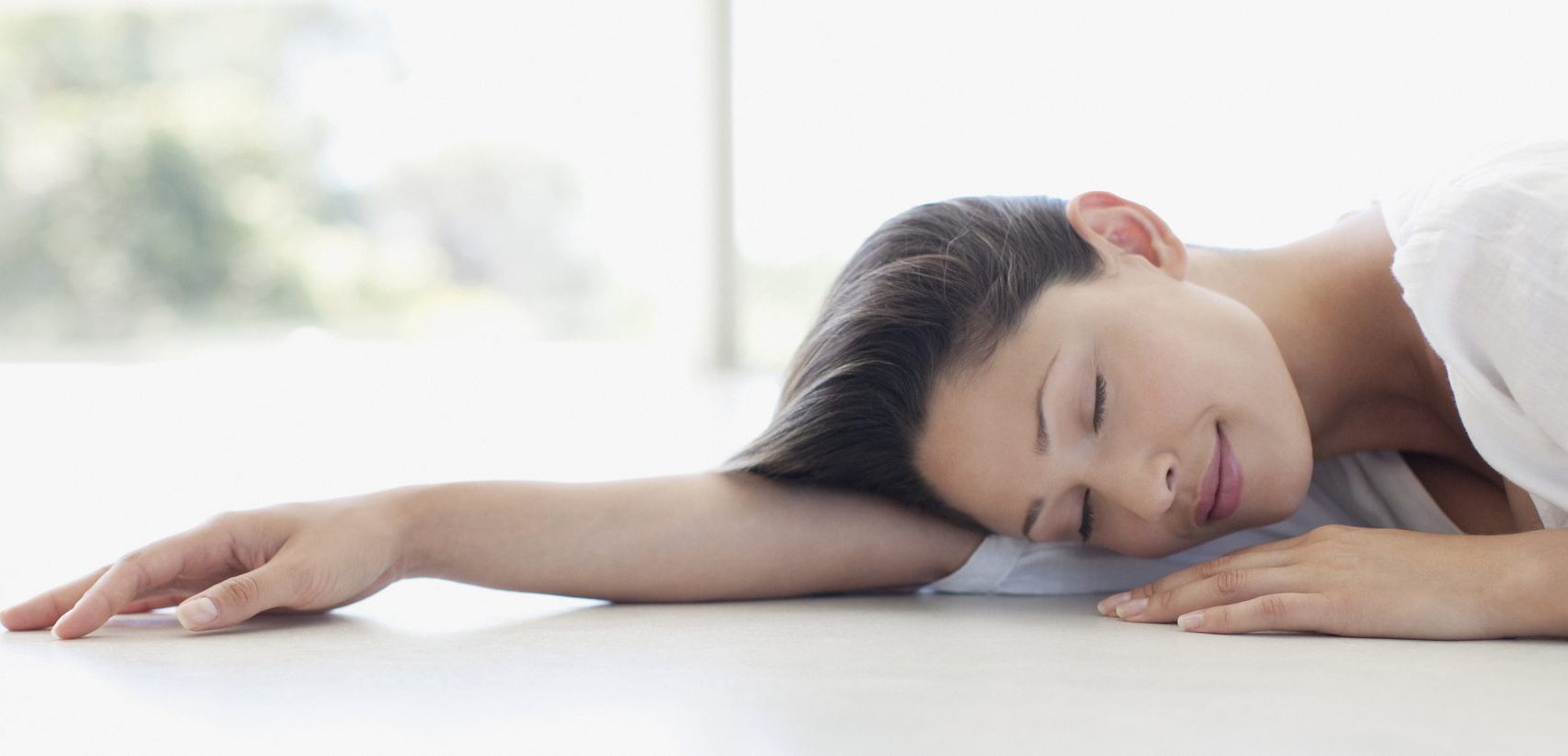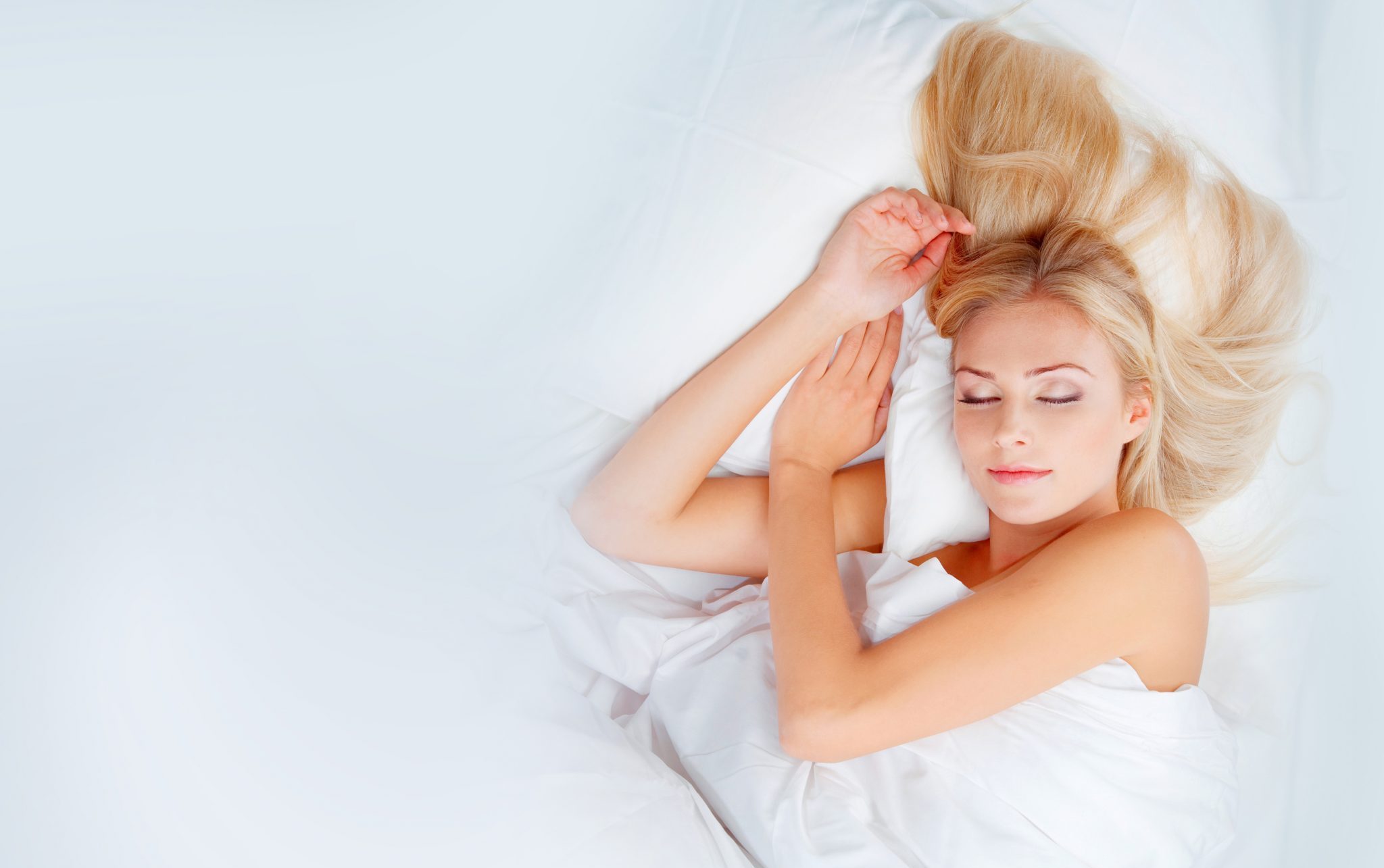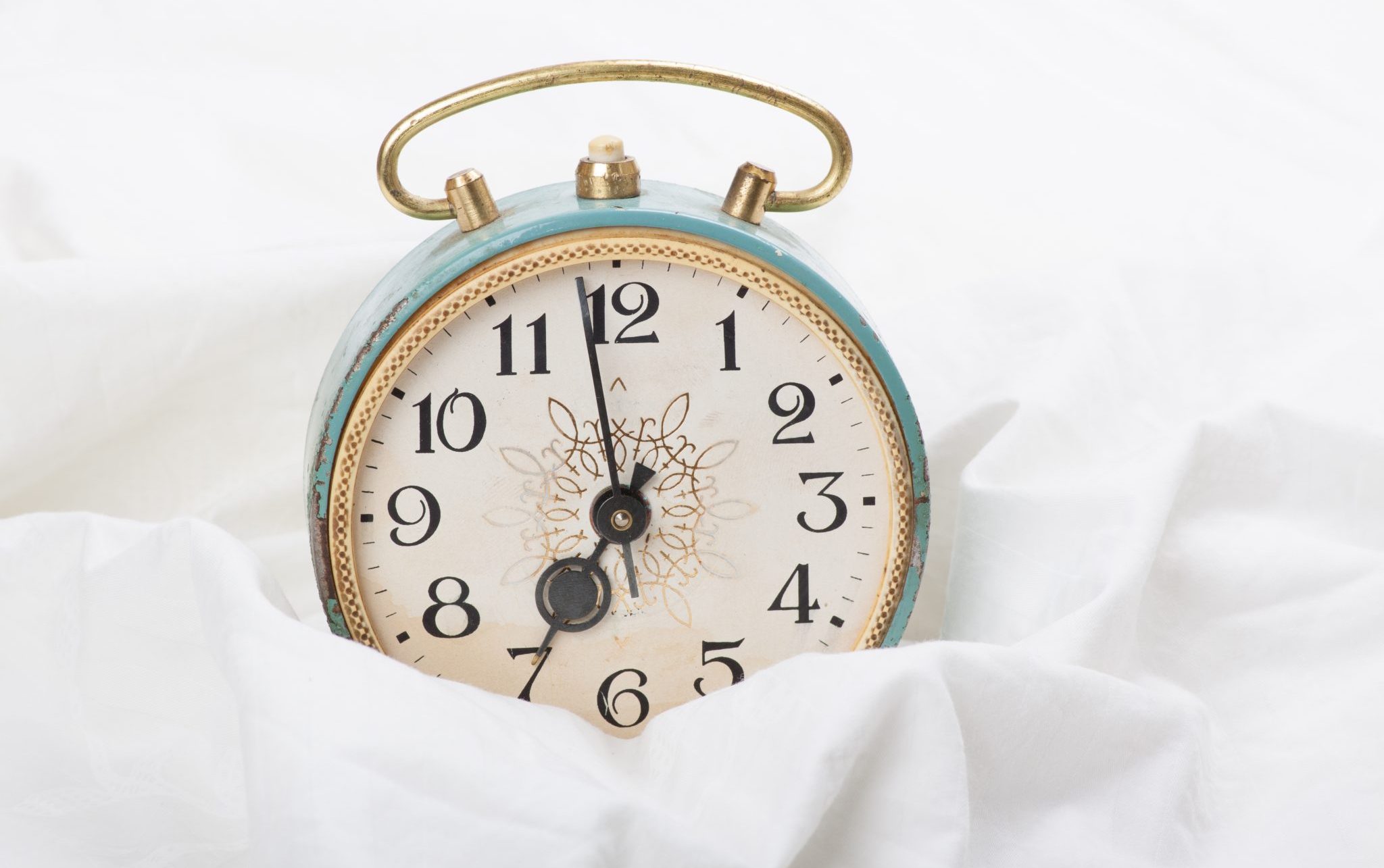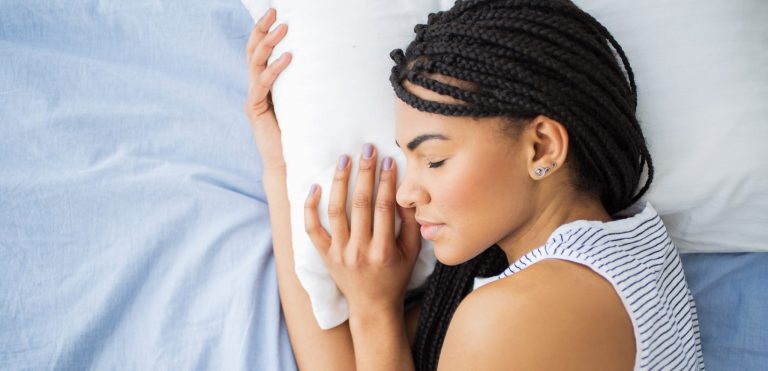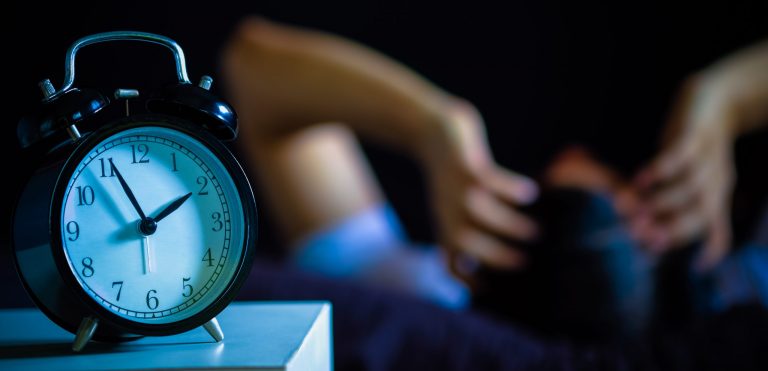Sleeping on a side, sleeping on the back, sleeping outside, sleeping naked, sleeping without a pillow – which ones are good for you? You would assume sleep should come naturally and easy to us, but there's so much conflicting information out there that it's frustrating. Take sleeping on the floor for example.
It seems that everything that is too comfortable is bad for you. And, while we're at it, everything that is too much, even the best of things, is unhealthy. As annoying as it sounds, it is true, you know.
Now think of the most relaxing and enjoyable moment of your entire day. If it includes your body melting into your soft-like-a-cloud bed, then, my friend, we mind have a problem. Because, yes, you guessed it, there seem to be more benefits of sleeping on the floor than drawbacks.
Let's see why is it good for you.
Health Benefits of Sleeping on the Floor:
1. Your Spine Realigns to a Natural Position
When we sleep on mattresses, especially the ones that are softer or older, they sort of envelope our bodies. This leads to an unnatural alignment of your vertebrae during your resting hours.
What's worse is that these unhealthy posture patterns will eventually prevail and seep into your waking hours, affecting your physical activities throughout the day. Next thing you know you've developed unnatural postures and curves in your spine that is causing you aches, discomfort, or even trauma.
While I don't mean that harder mattresses are bad, sleeping on the floor seems to be the best option to promote health for your back. When there's no deceiving “support system” all around it, your spine finds the best posture it needs.
2. You Stay Aware of Your Body When You Sleep
This stems from the point made above. Ever since we were kids we are led to believe that we mustn't feel anything when we sleep, only the soft, sweet, and warm joy of oblivion. But then when you do wake up, you are often bombarded with complaints comming out of your body.
If you're a good citizen, you certainly do some stretching or yoga first thing in the morning. Then the stiffness disappears and everything seems to get back to normal. But is it really the way to go?
When you sleep on the ground this kind of scenario is a lot less likely to happen. When we sleep, our bodies are tossing and turning at least a few times per night to readjust itself and to improve the blood circulation. The less cushioning it has, the more it can feel where the discomfort rises. The more the body is locked in, the more it will hurt in the morning.
Your body becomes free to explore the natural comfort it can give itself through various postures that wouldn't be possible on a mattress. This also helps you to reconnect with your body, even during your slumber.
3. It's Nearly Impossible to Oversleep
When your mind is not entirely shut from your body even when you're resting, it's way easier to start feeling when you had enough sleep.
Sleeping on the floor might be very good for your posture, but it's not the most comfortable physical state. Hence, your body will signal you (let's hope in unison with your alarm) when it's time to get up.
Not sleeping more than you actually need and starting your day motivated is a step one towards a better mood and a higher self-esteem.
4. You Become More Thorough with Your Cleaning
True, this is more of a side effect than a direct benefit from sleeping on the ground. However, it is a health benefit no matter how you look at it.
Doing the household chores is often seen as a burden. But this is much more necessary for our health than for the aesthetics. And as you lay on the floor each night, you'll get to face your cleaning habits big time. The better you vacuum and mop, the better you breathe, night or day.
Further Reading
Here's an interesting article by physiotherapist Michael Tetley, who covers the reasons why sleeping on the ground is the most natural and the healthiest way for us to rest and what poses work best.

